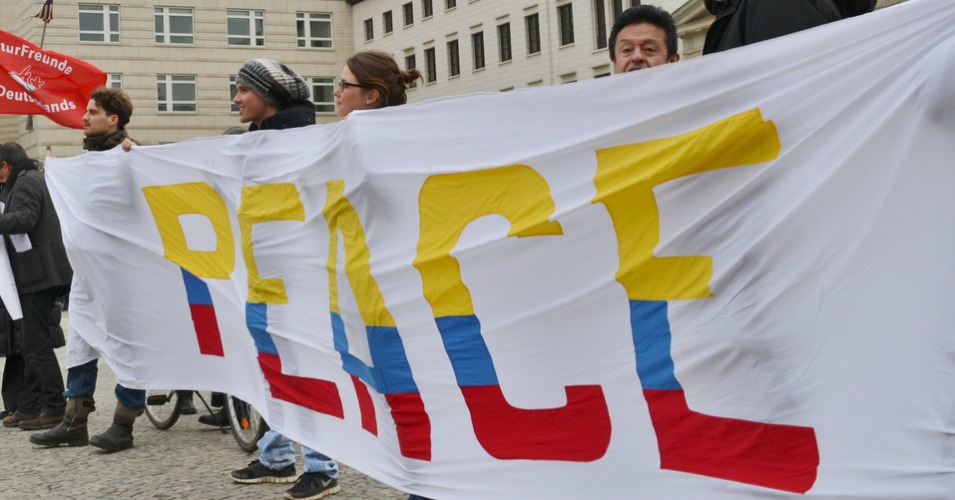The world is continuing a seven-year trend towards a deterioration of peace, the Institute for Economics and Peace finds.
In its most recent annual Global Peace Index (pdf) released Wednesday, the think tank ranks 162 nations as measured by 22 specific factors which cover three themes: militarization, ongoing domestic and international conflict, and societal safety and security.
While 51 nations in the index were ranked as having an increase in peace in 2013, 111 of the 162 deteriorated, the analysis shows.
"Many macro factors have driven the deterioration in peace over the last seven years including the continued economic repercussions of the Global Financial Crisis, the reverberations of the Arab Spring, and the continued spread of terrorism," Steve Killelea, founder and Executive Chairman of the IEP, said in a media statement. "As these effects are likely to continue into the near future, a strong rebound in peace is unlikely."
The region topping the index with most peace is Europe. The top ten nations on the index are: Iceland, Denmark, Austria, New Zealand, Switzerland, Finland, Canada, Japan, Belgium and Norway.
The US. ranks 101 on the list—just below Bangladesh, Haiti and Benin. The report states that North America's slight deterioration in peace on this year's ranking is based "mostly on account of a rise in terrorist activity in the US, related to the Boston-marathon attack in April 2013."
At the bottom of the list are Somalia, Iraq, South Sudan, Afghanistan and Syria.
This year's GPI shows Syria replacing Afghanistan for least peaceful country, and cites the war's "new heights of violence and bloodshed" over the past year as bringing further violence to the Middle East country.
The report also identified 10 countries most as risk of increased violence in the next two years: Zambia, Haiti, Argentina, Chad, Bosnia and Herzegovina , Nepal, Burundi, Georgia, Liberia and Qatar.
This worldwide lack of peace has an economic consequences as well, the index notes, and puts price tag on the violence as US$9.8 trillion—the equivalent to 11.3% of global GDP.
"This is a wakeup call to governments, development agencies, investors and the wider international community that building peace is the prerequisite for economic and social development," Killelea stated.

